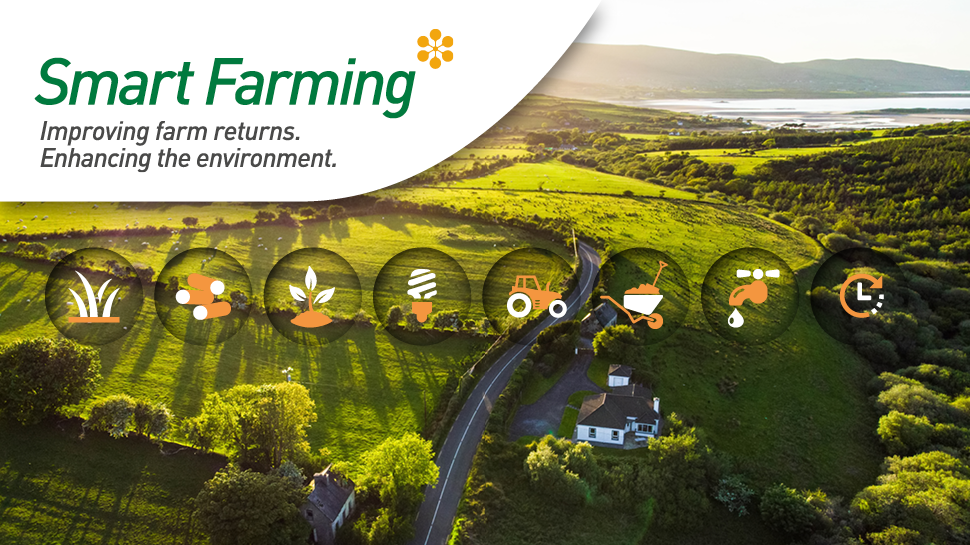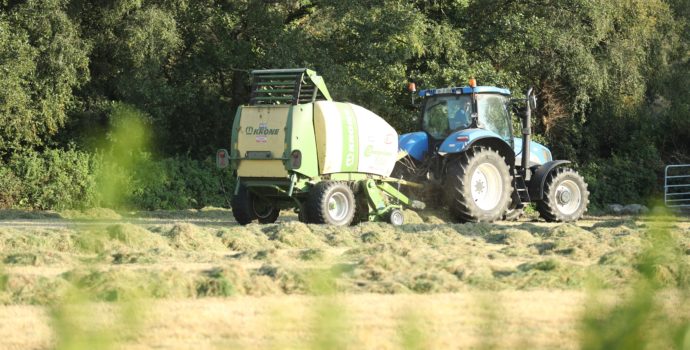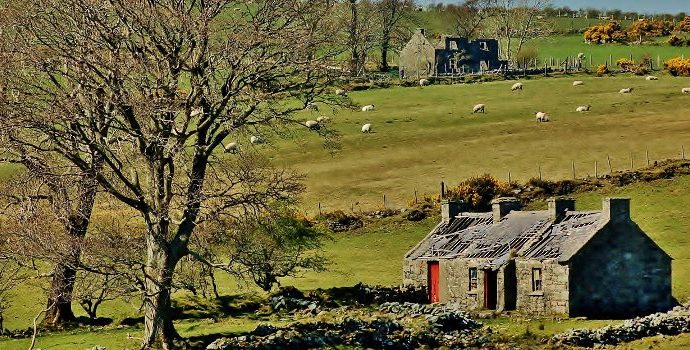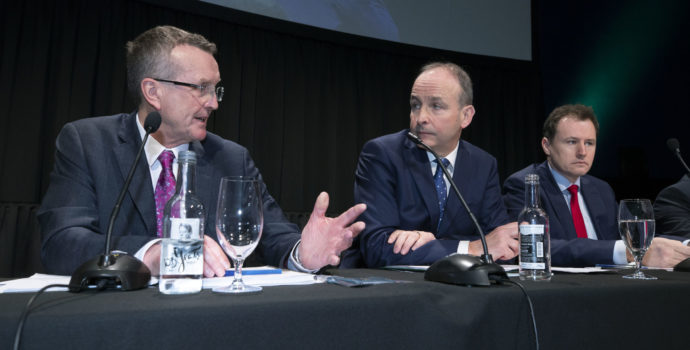

Philip is a Dairy farmer from Wexford who participated in the programme in 2021. He achieved potential saving of over €5,000 and potential emission reduction of nearly 4.% if recommended actions were implemented.
“Even if you’re doing the right actions there are always minor changes which can make a big difference in the greater scheme of things. Both environmentally and financially, this programme helps you focus on these areas”
Philip Tyndall, 2021 Smart Farming Participant.
Grassland Management
- 53% of Philip’s savings could be made by improving grassland management.
- Since taking part Philip has implemented a reseeding plan including clover as part of the seed mix to maximise use of grass and reduce fertiliser requirements.
- Philip also started to use a paddock rotation system to increase the grazing season, reduce emissions and slurry storage capacity due to the shorter housing period.
Inputs
- 41% of savings identified on Philip’s farm could be achieved by shopping around for feed and fertiliser and switching electricity supplier.
Soil Fertility
- Philip has improved soil indices by implementing a nutrient management plan and has started to use protected urea instead of CAN to reduce emissions.
Feed
- Philip was advised to cut silage earlier to increase the DMD% of his silage and to test silage annually.
- Testing silage quality has helped him make decisions on concentrate feeding.
- Philip was advised to check automatic feeders monthly to ensure the correct level output is being fed. These checks are now part of his routine.
Smart Farming is a voluntary resource efficiency programme, run by the Irish Farmers’ Association in partnership with the Environmental Protection Agency. For more information on the Smart Farming programme visit www.smartfarming.ie.




